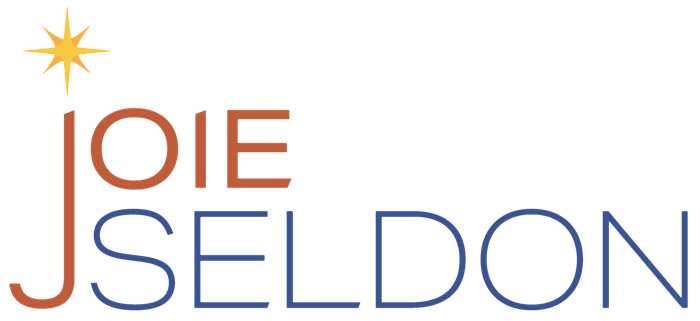
“According to most studies, people’s number one fear is public speaking. Number two is death. Death is number two. Does that sound right? This means to the average person, if you go to a funeral, you’re better off in the casket than doing the eulogy.”
― Jerry Seinfeld
Why is public speaking so scary?
Intellectually you can say that’s crazy. People would rather die than speak in public? The truer statement is that, on a very primal, unconscious level, people are afraid that speaking in public will cause them to die.
What’s happening is that a very primal survival response, sparked in the amygdala deep in your brain, is activated. In the early days of humankind, being kicked out of the tribe meant your chance of surviving went way down. When you are in front of an audience, for that moment, they are your tribe. If you are rejected by them, ie: you suck at speaking, you will be ostracized by the tribe. Your body is perceiving a potential threat and responds.
The other key issue is simply that you haven’t been taught some basic speaking skills. I have worked with all kinds of people who are terrified and have no speaking skills. They learned how to calm themselves, how to structure a talk, and how to connect with an audience.
It’s never too late! Here’s an email from an 80-year old client after giving her first speech:
“Joie, the speech turned out to be a roaring success! I had so many people crowding around after, much applause, and many e-mails thanking me. It was a great evening. Many thanks for your help!”
Why is it important to speak well?
Public speaking is, in essence, any time you speak in public. It is not just about being on a stage or in front of a large audience. Speaking up in a meeting, at a networking event, in a performance review or job interview are all opportunities to shine. If you are a business owner, you know that giving presentations is often a great way to get new clients.
My approach to coaching presentation skills has another and to me a most important aspect. It is a way to really own your value. Not just the value of what you know, but of your unique point of view and who you are in your heart and soul. This may sound a bit lofty, but I have found over and over again that learning to speak with confidence has a profound personal benefit – a greater sense of self-worth and self-esteem.
There is a direct correlation between letting go of self-judgment and releasing the fear, and sometimes shame, that goes with it and the ability to accept one’s intrinsic value. The western culture is indoctrinated with accomplishment-based value. Your worth is based on what you have achieved or created, not who you are. Of course, our accomplishments are important and should be valued. But who made those accomplishments? You did.
Why you too should learn to be an effective speaker
As a former actor and acting teacher, I was not afraid to be in front of an audience. Yet, I didn’t know anything specific about public speaking, so I looked for a class. Luckily I found Lee Glickstein’s Speaking Circles®. Lee’s approach is to create a safe judgment-free space where people’s ability naturally unfolds. (I loved the work so much I eventually became a certified Speaking Circles® facilitator.)
No matter how inexperienced students were, when allowed to feel free and safe, they were always compelling to listen to. It wasn’t about technique. It was about authenticity and connection. My own experience was that I had always been the character I was playing. To speak as my self was another matter. We all found it to be life-changing.
I have combined what I learned from Lee with my extensive experience working with actors, emotional intelligence knowledge and training in somatic psychology. I have worked with introverted writers and engineers, lawyers, project managers and many other super smart accomplished folks whose self-confidence goes out the window when they have to speak publicly. Some, I discovered, have a profound story to tell trapped inside.
A client came to me initially because she knew her “pathetic” speaking skills were a liability to her career. She improved a lot and stopped coming. A few months later, she booked a session because she was being flown back east to speak at the university where she had been assaulted in her first semester of college many years before. The school had handled it badly and she had spent years healing from the trauma. She had never spoken publicly about her experience before and was very anxious about it. Her story was heart-wrenching. What she had done with her life after the trauma was amazing.
This is what she wrote to me after the talk. “Good news! The speech was fantastic. I rocked the house . . .” Not only that, it was a profoundly healing experience for her.
You too are capable of rocking the house.
And, I’ll bet, you have a story to tell.
My advice? Take the leap and learn to speak.
